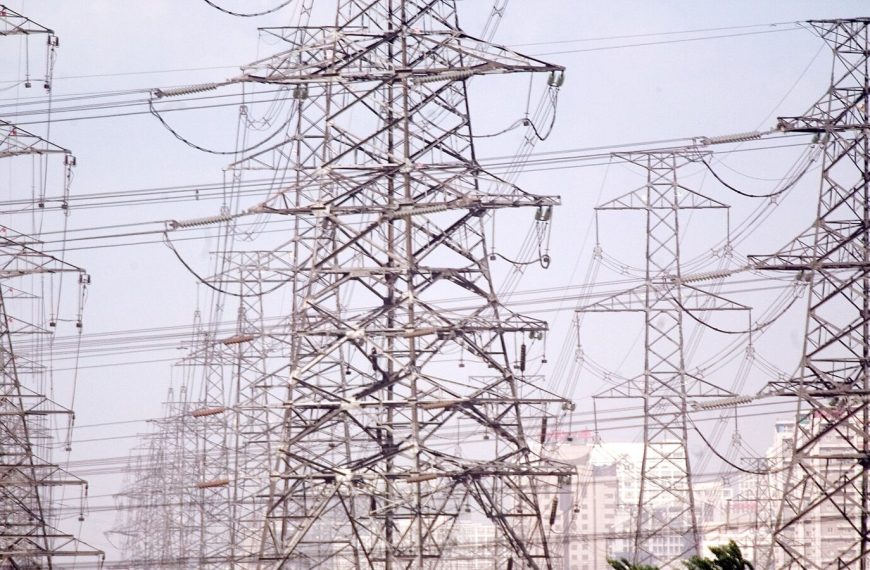The stock market experienced a significant downturn today, particularly impacting the Nifty Auto index, which plummeted by nearly 2% in early trading. This decline follows the announcement by US President Donald Trump, who has imposed a substantial 25% tariff on imported vehicles, stirring anxiety among investors. Amidst this turmoil, Tata Motors found itself at the forefront of the losses, witnessing a staggering 6% drop in share price, making it the hardest hit in the sector.
Tariff Announcement and Market Response
Trump’s recent tariff decision, set to take effect on April 2, has sent shockwaves through the automotive market, leading to a sharp decline in the Nifty Auto index. Key players in the industry, including Samvardhana Motherson International and Bharat Forge, also faced significant losses. The imposition of these tariffs has negatively influenced investor sentiment, causing a ripple effect across related stocks.
- Tata Motors: -6%
- Samvardhana Motherson International: Significant decline
- Bharat Forge: Major losses
This tariff news coincided with a downturn in the US stock market, where analysts linked the decline directly to the Trump administration’s trade policies affecting the automotive sector.
The Impact on Tata Motors
Tata Motors has emerged as a particularly vulnerable entity within the auto sector due to its substantial exposure to the North American market, primarily through its Jaguar Land Rover (JLR) line. According to the fiscal year 2024 annual report, the US accounted for over 20% of JLR’s total sales, underscoring the potential impact of these new tariffs.
The timing of this tariff could not be worse for Tata Motors, which is already grappling with a slowdown in domestic sales of commercial vehicles. This policy shift has added a new layer of complexity to the company’s operational challenges.
Domestic Auto Sector Outlook
Despite the current challenges, there are some positive indicators for the Indian automotive sector. Analysts remain optimistic about domestic sales, particularly as Medium and Heavy Commercial Vehicles are expected to rebound in FY26. The upcoming festive season could also provide a much-needed boost, with expectations for sales to pick up.
- Tractor sales: Anticipated double-digit growth due to favorable consumer sentiment.
- Two-wheeler and passenger vehicles: Expected to see marginal growth, despite current inventory pressures.
As reported by Nuvama Institutional Equities, the wholesale growth forecast for March 2025 suggests positive trends in tractors and two-wheelers, while commercial vehicle sales may experience a slight decline. The market is currently in a phase of inventory accumulation as dealers prepare for the festive season, notably during events like Gudi Padwa and Chaitra Navratri.
In summary, while the current landscape appears challenging for Tata Motors and the broader auto sector, analysts are cautiously optimistic about a potential recovery as we approach key selling seasons.











